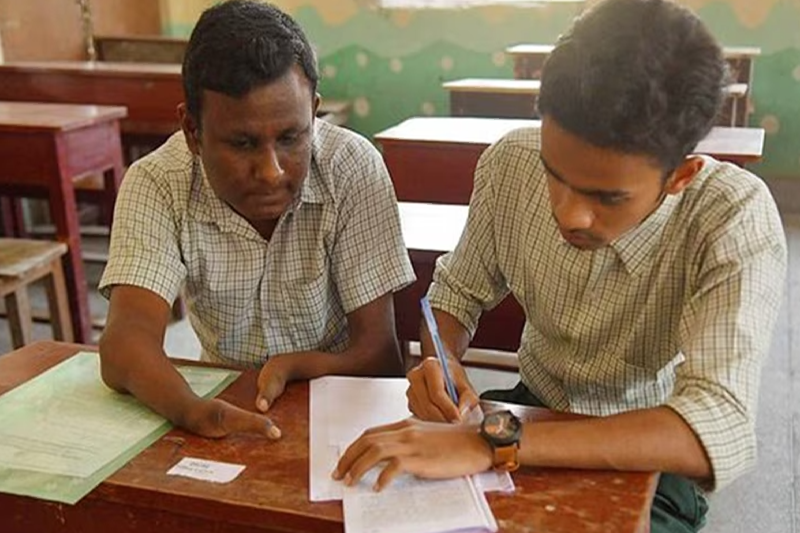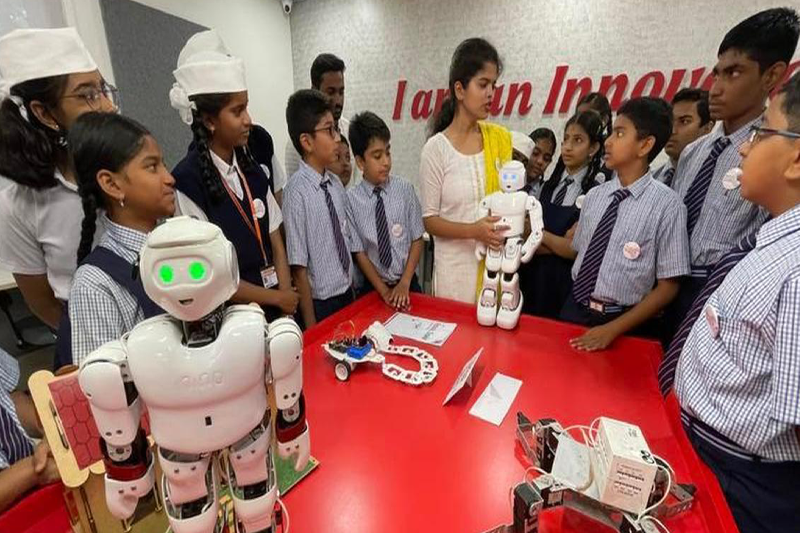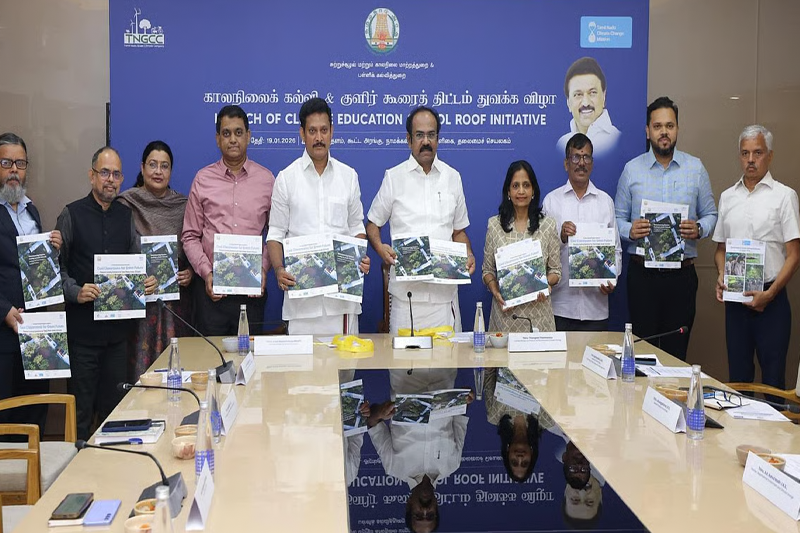
Centre Tightens Scribe Rules for Disabled Candidates in Competitive Exams to Ensure Fairness and Curb Malpractice
In a landmark move aimed at enhancing fairness and transparency in competitive examinations, the Government of India has tightened the rules regarding the use of scribes by Persons with Disabilities (PwDs). The Ministry of Social Justice and Empowerment has issued revised guidelines mandating that all examining bodies create vetted pools of trained scribes within two years, phasing out the often-controversial "own scribe" system.
The reform aligns with the Rights of Persons with Disabilities (RPwD) Act, 2016, and the Public Examination (Prevention of Unfair Means) Act, 2024, and also incorporates directives of the Supreme Court. The goal is to uphold the integrity of public examinations, ensure equal opportunities, and encourage greater independence for candidates through assistive technology.
Why the Reform Was Needed
The move follows concerns raised by major bodies such as the Union Public Service Commission (UPSC), Department of Personnel and Training (DoPT), and the National Recruitment Agency (NRA), who flagged widespread malpractice associated with privately arranged scribes.
“The provision of ‘own scribe’ has been identified as a significant vulnerability in maintaining the integrity and fairness of the examination process,” the ministry stated.
Instances have surfaced where candidates colluded with private scribes, with scribes writing independently without proper dictation. Such practices compromised the credibility of competitive exams and cast doubts over the fairness of the selection process.
Key Guidelines and Changes Introduced
🔹 Mandatory Scribe Pools by Examining Bodies
All examination authorities—including UPSC, SSC, and NTA—must establish their own trained, vetted, and supervised scribe pools within two years. This is meant to ensure that scribes are:
- Qualified to assist, but not overqualified.
- Neutral and free from conflicts of interest.
- Familiar with ethical examination practices.
🔹 Phasing Out “Own Scribe” System
The practice of candidates bringing their own scribes will be phased out, except in exceptional cases and only for the next two years or until the official scribe pool is functional.
- The "own scribe" option will be permitted only as a last resort.
- This is meant to reduce opportunities for misuse and ensure greater oversight.
🔹 Tightened Scribe Eligibility
To eliminate misuse:
- A scribe’s qualification must be 2–3 academic years below the level of the exam.
- The scribe cannot be a candidate for the same examination.
- They must have no direct or indirect conflict of interest.
Emphasis on Assistive Technology for Independence
Encouraging a technology-driven approach, the new rules urge candidates to use:
- Screen readers like JAWS and NVDA
- Speech-to-text software
- Recording devices
- Braille tools and large print formats
- Software-enabled laptops
This shift not only reduces reliance on scribes but also prepares candidates for greater independence in professional and academic environments.
“Candidates should be encouraged to attempt exams independently with the help of assistive technologies,” the ministry emphasized.
Compensatory Time for Writing Limitations
Candidates with functional limitations in writing will now be granted a minimum of 20 minutes per hour of compensatory time, irrespective of whether they use a scribe or not. This provision ensures equal opportunity for all candidates to attempt the exam fairly.
Accessibility Standards for Exam Centres
To ensure inclusivity, exam centres must be fully accessible and equipped with:
- Ramps and lifts
- Ground-floor seating
- Wide corridors for mobility aids
- Audio announcements
- Special quiet rooms for neurodiverse candidates or those with chronic conditions
These measures are designed to support a diverse range of disabilities, creating a more inclusive testing environment.
Grievance Redressal and Staff Sensitisation
The guidelines also mandate:
- Grievance redressal systems specifically for PwD candidates.
- Annual sensitisation training for invigilators and exam staff.
- Training in disability etiquette for all staff involved in exam processes.
Additionally, feedback must be collected from candidates regarding the quality and conduct of scribes, ensuring accountability.
Data Privacy and Legal Compliance
In compliance with the Digital Personal Data Protection Act, 2023, all candidate data—especially medical and personal information—must be securely stored and access restricted.
- Officials who fail to follow the guidelines or exclude PwDs risk penal action.
- Candidates and scribes involved in any malpractice will also face strict penalties under the Public Examination (Prevention of Unfair Means) Act, 2024.
Conclusion
The Centre’s revised scribe policy marks a crucial step forward in making competitive examinations in India more fair, inclusive, and secure. By transitioning from privately arranged scribes to regulated scribe pools, promoting assistive technologies, and standardising exam environments for PwD candidates, the government is building a system that respects dignity, maintains exam integrity, and prepares individuals for independent participation in society.
As the reforms take shape over the next two years, stakeholders—candidates, parents, institutions, and examining bodies—must work collaboratively to ensure a seamless and ethical implementation that prioritises accessibility and fairness for all.


